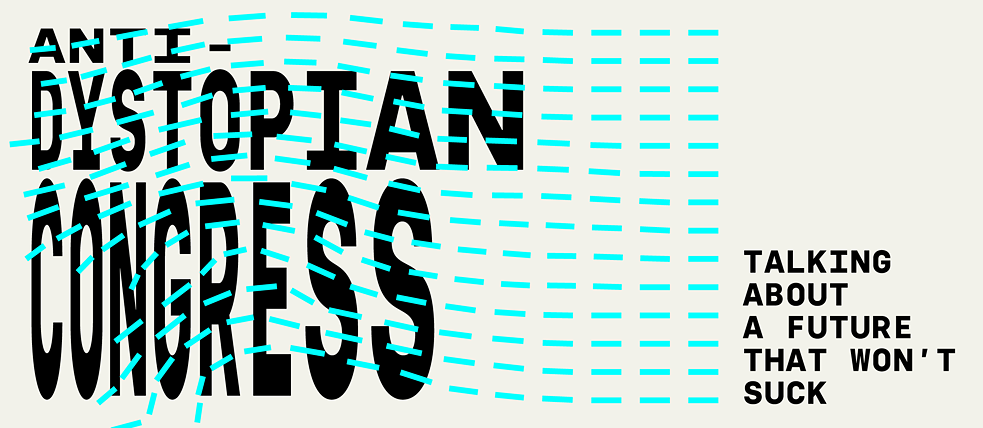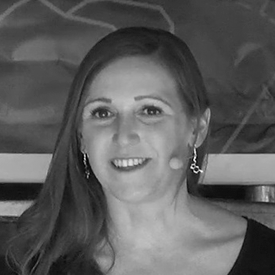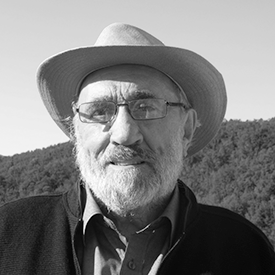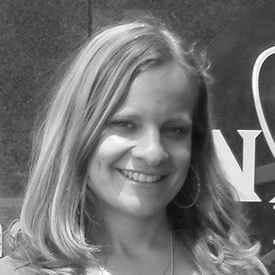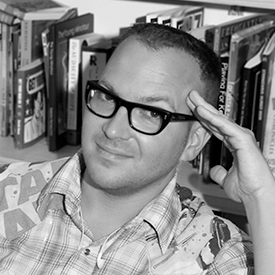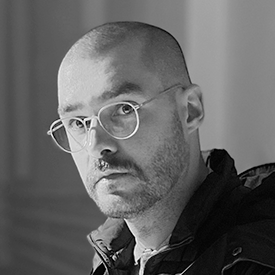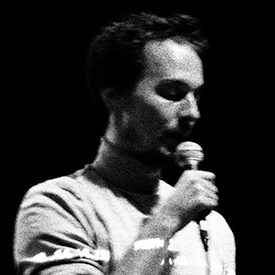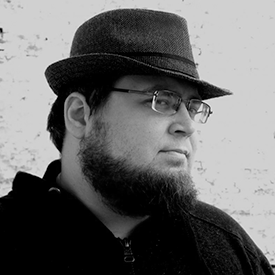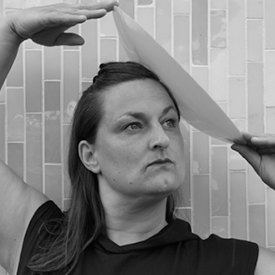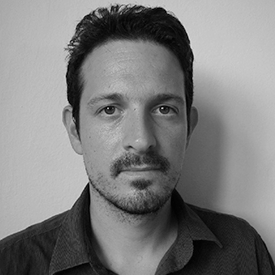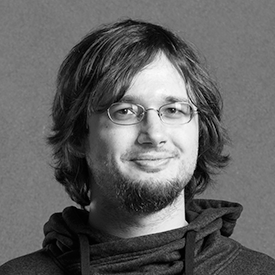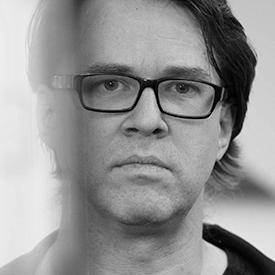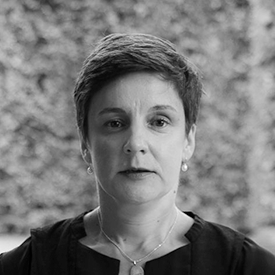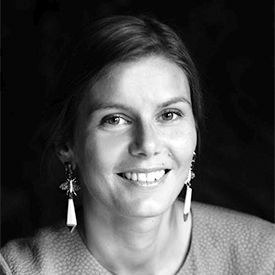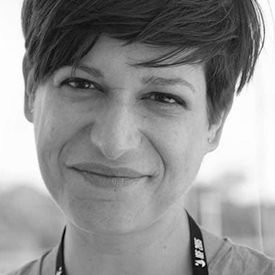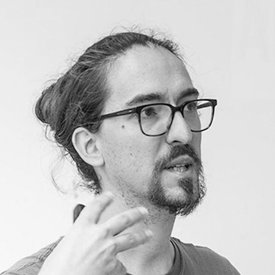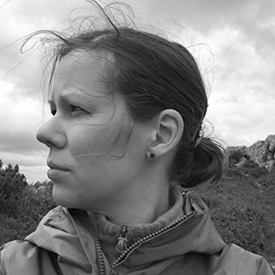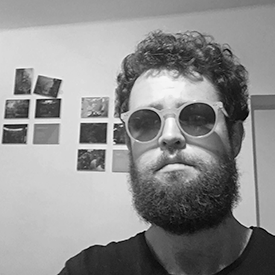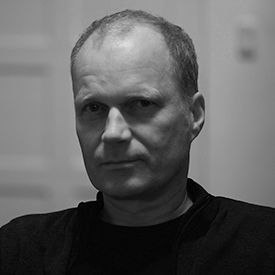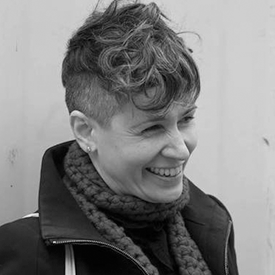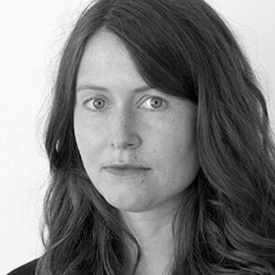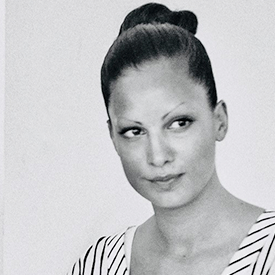“Remember to imagine and craft the worlds you cannot live without, just as you dismantle the ones you cannot live within.” Ruha Benjamin
We are surrounded by doomsday scenarios: Climate change, species extinction, democratic backlash, and an inhumane technization of the world point to negative futures. Dystopian narratives can be an alarm bell, but beyond criticizing the present, they make no offer for a better future. Dystopias rather show fatalism, resignation and hopelessness. Don't we need strong utopian visions to stand against dystopia? Utopias, after all, formulate desirable futures and thereby provide orientation for action. Nevertheless – as also described by Stanislaw Lem – great political utopias have become disenchanted after the failure of real-world communism and the unfulfilled promises of neoliberalism. We want to overcome the simplistic dualism between utopia and dystopia by not striving for the unattainably perfect utopia, but by actively resisting dystopian narratives of the future. Between utopia and dystopia lies anti-dystopia, the rebellion against inhuman and negative futures.
In memory of the science fiction author Stanislaw Lem, who would celebrate his 100th birthday this year, we organize “The Anti-Dystopian Congress”. The proposition: the future will be imperfect and chaotic, but we can make it a better place against all odds. Part of the congress curated by Isabella Hermann is a film program curated by German author and theorist Georg Seeßlen and will be available online via stream. Under the title TOMORROW´S HUMAN - THE HUMAN IN TOMORROW´S WORLD the film program will reflect the notion of identity and diversity in the era of Artificial Intelligence and Virtual Reality. The selection is intended to show that films under the label Science Fiction can also be completely different: No spectacles from the construction kit of popular mythology, no fantasies of eternal struggle, of destruction and apocalypse and no leading articles in futuristic disguise. It's about personal visions and transgressions, about film as a thought and form experiment, about freer thinking and narration beyond the simple duality of utopia and dystopia, it is about understanding the future as an open space that is more than just an extension of the present and its problems. It's about science fiction as a brave genre.
Film program on demand: 9 - 14 November 2021
Congress: 10 - 12 November 2021
The times given are CET (Central European Time).
The congress will take place on the online platform Gather.town
Gather is a video chat platform designed to build customized virtual spaces and host virtual events in them. This makes virtual interactions more human.
Please, register for the event to receive updates on speakers, dates, film programme etc. Please note that the maximum number of participants is limited to 200.
This is a regional project by the Goethe-Institut Bratislava, Budapest, Krakow, Prague and Riga.
The implementation of the Anti-Dystopian Congress at gather takes place in cooperation with the agency playful solutions.
